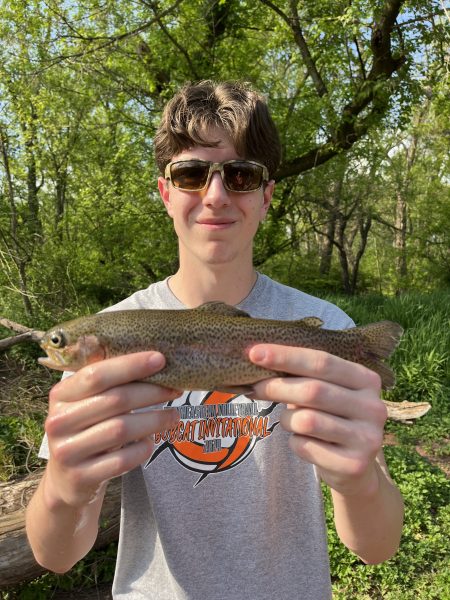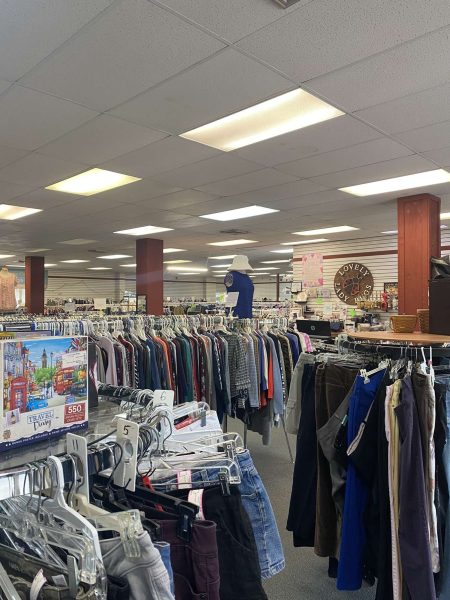The Hard Part of Journalism
When real-life journalists visited Pennridge High School, they all had words of wisdom to the future generations of journalists. Although journalism has changed from printing presses to electronic news and social media, the overall process is the same as it always has been. When sensitive subjects arise, how do journalists face them? How do you write an article on a heartbreaking tragedy while still informing the reader?
Shane Fitzgerald is a reputable journalist who reported on the Columbine Highschool shootings in 1999. The 1999 tragedy was a very sensitive and heartbreaking subject to write about. When conducting interviews and taking photos, journalists have to keep in mind the ethics that accompany their careers. Fitzgerald stated, “Conduct yourself with the greatest of ethics. That matters more than you know. You need to earn your street credit. I would rather be right than first.”
In Shane Fitzgerald’s time reporting on the Columbine shooting, many photographs taken for articles were extremely sensitive and controversial. One photo was taken was of Daniel Rohrbough. He was leaving school out the side door to eat lunch at a local park. Daniel had a Dr. Pepper in his hand when he was shot in the chest, abdomen, and leg. He lay in his own pool of blood for hours. His death was the most public and most visible from outside of the school. The graphic image was a huge controversy in the newsroom. Should they publish the photograph or keep it private? When Shane’s editor contacted Daniel’s father, he said, “You run that photo. The world needs to see what happened to my son.”
Phil Gianficaro is a national and multi-state award-winning columnist. A lot of his work was dedicated to writing about Holocaust survivors. He had to be careful not to overstep his place when conducting interviews. Emotions always arise when taking someone back to the worst part of their lives. “Getting out there and sitting across the table with someone who has a story to tell is powerful,” Phil says. Phil goes on to explain about his time working and talking to a Holocaust survivor. He explained how difficult it was to interview people with such a tragic past. He wasn’t sure when to ask the question or hold back. “You almost want to back off because it is so personal. The holocaust survivors want to tell you everything,” Phil says.
When conducting interviews, being sensitive and respectful is a top priority for gaining information. “You have to read the room about certain questions. Sometimes you wouldn’t go there; other times they would take you there,” Phil says. Although some interviews are uncomfortable, getting to ask people questions is vital. It brings out new perspectives and many alternatives for creating a brilliant story. “We want to hear the story beyond the headline. We want to know the person beyond the headline. Talk to someone who loved those people,” Shane says.
Journalism is important. Although sometimes disturbing, heartbreaking, or uncomfortable, writing about the real world is essential. When writing, ethics are incredibly important for the journalists’ credibility and the world to know the truth. Life isn’t always beautiful and lighthearted, and Shane Fitzgerald and Phil Gianficaro know that best.
Lilly Huckerby, Grade 12. Interests/hobbies include hanging out with friends, traveling, and going to the beach. Lilly plans on attending West Chester...









